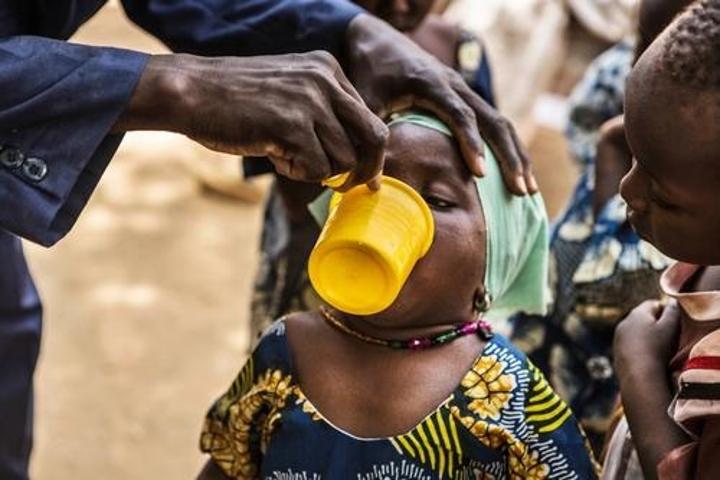Africa-Press – Mozambique. A three-year trial giving the RTS,S malaria vaccine in combination with anti-malarial drugs to young children has been found to reduce illness and death by seventy per cent compared with using either treatment alone.
The trial involved enrolling six thousand children aged under seventeen months in a double-blind, randomised, controlled trial in Burkina Faso and Mali and was led by the London School of Hygiene & Tropical Medicine (LSHTM). It gave three doses of the RTS,S vaccine and anti-malarial drugs timed to take effect before the beginning of the malarial season. A booster jab was given before the following rainy seasons.
Other trials in Ghana, Kenya, and Malawi have shown that the vaccine is effective but that its protection wanes within months. The authors of the current study therefore suggest that RTS,S could be used as a seasonal vaccine.
According to Professor Daniel Chandramohan from LSHTM, “the results of the trial were much more successful than we had anticipated. Our work has shown a combination approach using a malaria vaccine seasonally – similar to how countries use influenza vaccine – has the potential to save millions of young lives in the African Sahel”.
Professor Alassane Dicko from the Malaria Research & Training Centre in Mali, who was a member of the research team, explained that “this new malaria tackling tool could mean the disease is no longer the primary cause of death or hospital admissions in our settings for the very first time. This is wonderful news for malaria control”.
RTS,S was created by GlaxoSmithKline over twenty years ago and early trials were undertaken at the Manhica Health Research Centre in southern Mozambique.
Recorded deaths from malaria are on the decline in Mozambique. Last year the Health Ministry recorded 563 deaths, a 23 per cent reduction on the previous year. This was due to the increased coverage of the health service and campaigns to protect the public from mosquitoes through spraying homes and distributing insecticide-treated bed nets. However, malaria remains a major public health problem – according to government statistics, between January and August 2020 there were 8.36 million cases.






